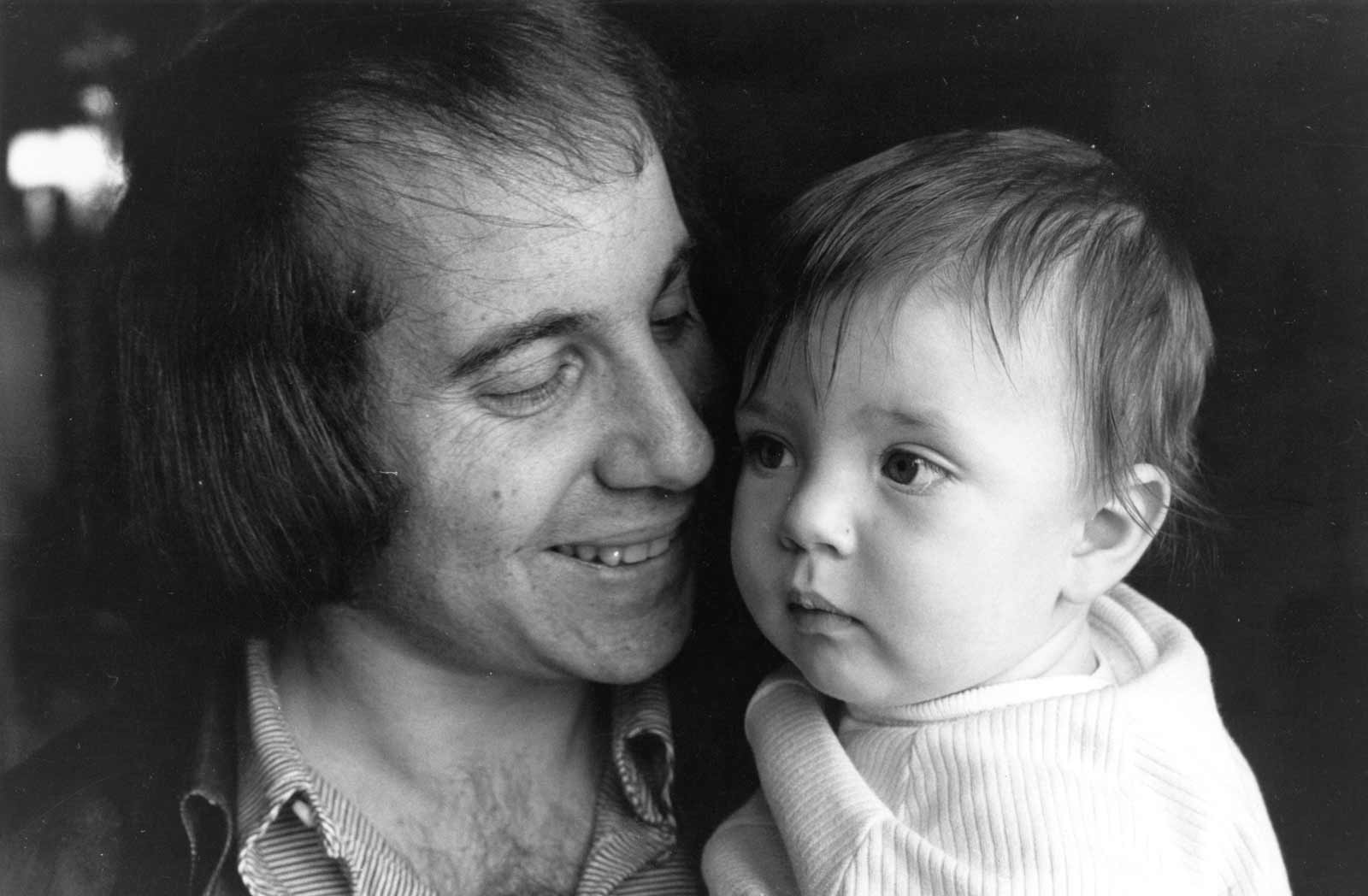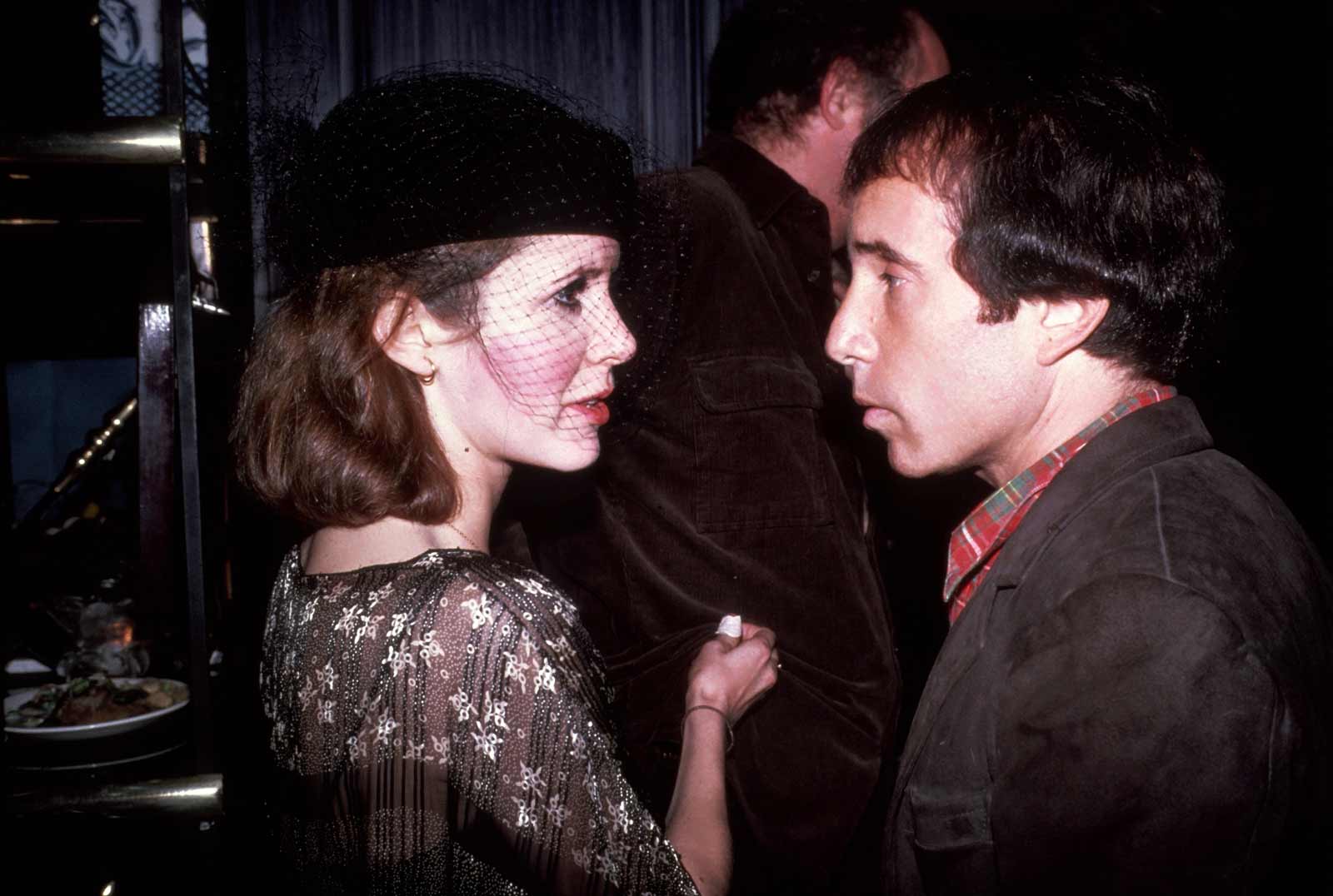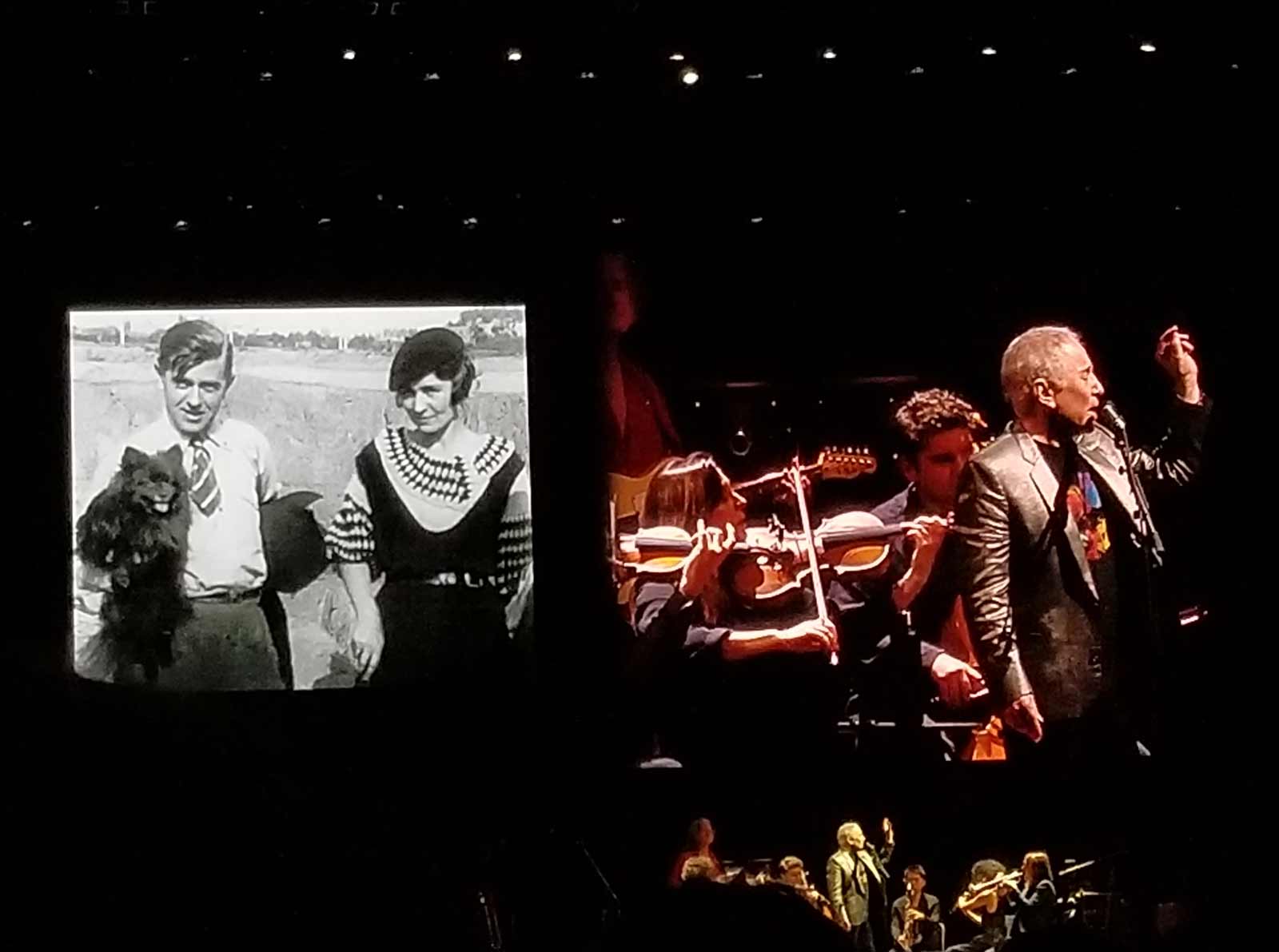Paul Simon has always sat uncomfortably alongside his boomer contemporaries. A more bookish Bob Dylan, less prolific and mythic; not as New Jersey as Bruce Springsteen; not as California, but more New York than, Joni Mitchell; more acerbic than the Beatles and more of a hippie than Randy Newman. His emotive, androgynous tenor and sensitive, imagistic songwriting have sustained a sixty-year career in American pop music that came to a close in September with three farewell concerts in New York City and, tonight, October 13—Simon’s seventy-seventh birthday—a ninth appearance on Saturday Night Live.
Unlike many entries in the classic rock pantheon, Simon made his best work after the 1960s, only once he’d left behind the act that made him famous. Over the twenty-year span comprising his middle age, from 1970’s Bridge Over Troubled Water (his last record with Garfunkel) to 1990’s Rhythm of the Saints, Simon put out eight albums charting the course of a thoughtful—or neurotic—voyage through maturity. A consummate adult rather than a perpetual teenager, he sang about the compromises of apartment living, the journey through sobriety, divorce, breakdowns, second marriages, second divorces, fatherhood, depression, baseball. At their best, his songs have an erudite lyrical grace that had developed from a tendency to pretension in his early folk records and would shade in his later albums into mystic mumbo-jumbo.
But in the 1970s and 1980s, in the middle of his career, was a studied oddness, an attention to the unexpected detail: “It was in the early morning hours when I fell into a phone call / Believing I had supernatural powers I slammed into a brick wall.” How better to describe a cavalierly self-destructive phone call? He evoked the fragility of aging and losing with an astonishing wordiness that could somehow transform a syllabic pileup into a long exhale. On getting sized up at the “cinematographer’s party” that’s the staging ground of “I Know What I Know”: “I guess she thought / I was alright / Alright in the sort of a limited way / For an off night.” Or the “one and one half wandering Jews” (actually Paul and Carrie Fisher, breaking up—again) who “resume old acquaintances / Step out occasionally / And speculate who had been damaged the most” in “Hearts and Bones.”
Like many people born in the 1980s, I first heard Paul Simon in a car with my dad. Graceland was the album for boomer parents on road trips with their children. In my case, it was a little on the nose: my dad would play Simon’s albums, suffused with second marriages and children, as he picked up my brother and sister and me for his custodial weekend. Graceland and Rhythm of the Saints came out in 1986 and 1990 respectively, which was solidly in the middle of the millennial birth cohort, as our parents were navigating the onset of middle age. Unlike silly songs for children by, say, Raffi, or maudlin songs for parents like Dylan’s “Forever Young” or Cat Stevens’s “Father and Son”—two ballads eager to preserve their singers’ sons in amber—Simon had genuinely intergenerational appeal. He shared with us young passengers the joyful and terrible news of adulthood with patty-cake rhymes (“mama pajama,” “drop off the key, Lee”) and jaunty rhythms, scored by a panoply of ludicrous and wonderful-sounding instruments—from the hooting cuíca in “Me and Julio Down by the Schoolyard” to the triumphant parade drums of “The Obvious Child.”
Not that the depressive Simon lacked for sentiment and sadness. But where, say, Billy Joel’s “Piano Man” is a bar-room song about bar-rooms, “Slip Slidin’ Away” is a soft-rock lullaby with delicate country harmonies from the Oak Ridge Boys about how everyone we love will leave us, or we them. This melancholy went over my head as a child, or maybe made a down payment in order to take up residence later, but I was nonetheless captivated by the gentle melodies and, especially on Graceland, the menagerie of bizarre characters: the human trampoline, the baby with the baboon heart, Fat Charlie the Archangel.
It was perhaps a little odd, on my sixth Christmas, that I asked for the Simon greatest hits tape Negotiations and Love Songs, but oblige my father did, and lie on the floor by our boombox I would, listening to “Still Crazy After All These Years” and “St. Judy’s Comet” until the tape wore out. My dad seemed happy to have something to bond over; I was. I can’t say if it ever happened just like this, but what I remember about 1991 is “Graceland” playing from the Toyota Tercel’s speakers while Dad drove us to the roof of a parking garage in Rutland, Vermont, to look out over the town below.
Advertisement
And so it was that I found myself with my dad this past September standing in line—bizarrely, several places in front of Louis CK—waiting to get into Madison Square Garden for the first of the final three shows of Simon’s career. Simon is now seventy-six, my father sixty-seven. Dad has spent the last several years drifting rightward—I supported Bernie and Hillary, he Trump, and we have fought about the crimes and callousness of this administration on and off ever since. Simon most recently re-entered national consciousness as, first, the troubadour behind “America,” which Bernie Sanders used as his campaign song in 2016, bringing some 1960s countercultural legitimacy to a latter-day socialist’s presidential run; and then as the featured performer at the dispiriting Democratic National Convention that same year, where he played “Bridge Over Troubled Water” in an apparent attempt to knit together the fractured left coalition.
“Bridge” is the biggest hit of Simon’s career, a paean to friendship that won five Grammys, sold more than six million singles, and entered the American standard songbook with covers by dozens of artists, including, of course, a definitive version from Aretha Franklin. At Madison Square Garden, in the conciliatory mood of a retiree, he praised Aretha’s “Bridge,” before launching into what he called his “reclamation” of the song. Ever the adventurous bandleader, in addition to Mark Stewart, his touring guitarist for years, and Bakithi Kumalo, the original bassist from Graceland, Simon was backed by yMusic, a Brooklyn-based chamber ensemble that provided bracing and lovely Philip Glass-like arrangements for some of his deeper cuts. (This collaboration grew out of In the Blue Light, Simon’s final album, out this year, which is a George Lucas-esque revisiting and rearranging of ten songs from his back catalog, featuring yMusic, Wynton Marsalis, a number of other new collaborators, and several unwelcome changes to his lyrics.)
The audience, three-to-one boomers to millennials, was joyful throughout, happily standing up and sitting down with the rhythm of churchgoers as Simon alternated between his ballads and up-tempo numbers like “You Can Call Me Al” and “Late in the Evening.” Before “Rene and Georgette Magritte with Their Dog After the War,” whose title came from a photograph in a book he spotted at Joan Baez’s house, he said hello to Baez herself, sitting below the luxury suites, and asked why she didn’t have better seats. During “Sound of Silence,” a handful of people waved their phones like lighters. Out of modesty, or possibly refinement, everyone else seemed reluctant to join in.
Simon acknowledged, obliquely, the connection between this historical moment and an earlier presidential crisis when he introduced the penultimate song of his set, “American Tune,” a Nixon-era lullaby about perseverance, or maybe about reassurance. “Don’t give up,” he implored the audience before he sang the song, whose second verse is:
And I don’t know a soul who’s not been battered
I don’t have a friend who feels at ease
I don’t know a dream that’s not been shattered
or driven to its knees
But it’s alright, it’s alright
We’ve lived so well so long
Still, when I think of the road
we’re traveling on
I wonder what went wrong
I can’t help it, I wonder what went wrong.
It was evocative, certainly, but not reassuring; it sounded hollow in the center of a stadium concert venue among a crowd of happily vaping boomers. Who has lived so well so long?
Simon has always been more comfortable in the minor key—the major resolution of the song “Graceland” can’t compare to the moment he slip-slides into the minor after Carrie announces their divorce: “As if I didn’t know that / As if I didn’t know my own bed.” It is perhaps worth remembering that when they accepted their Grammy for Best Song for “Bridge Over Troubled Water,” Simon and Garfunkel had already broken up several months before; or that, in 2016, three months after Simon urged DNC attendees to “lay me down,” Hillary Clinton would lose the presidential election.
After the concert, my dad and I found a rooftop bar near Madison Square Garden, and looking out over the streets of midtown, we talked about our favorite Simon songs (“Graceland,” “Crazy Love, Vol. II,” “She Moves On,” “Mother and Child Reunion,” “Nobody,” “Rene and Georgette Magritte”) and about the first time he saw Simon and Garfunkel in concert, in 1967 at a college in Cleveland, sitting on foldout rafters.
Advertisement
The next morning, outside Penn Station, we fought about the Supreme Court.





